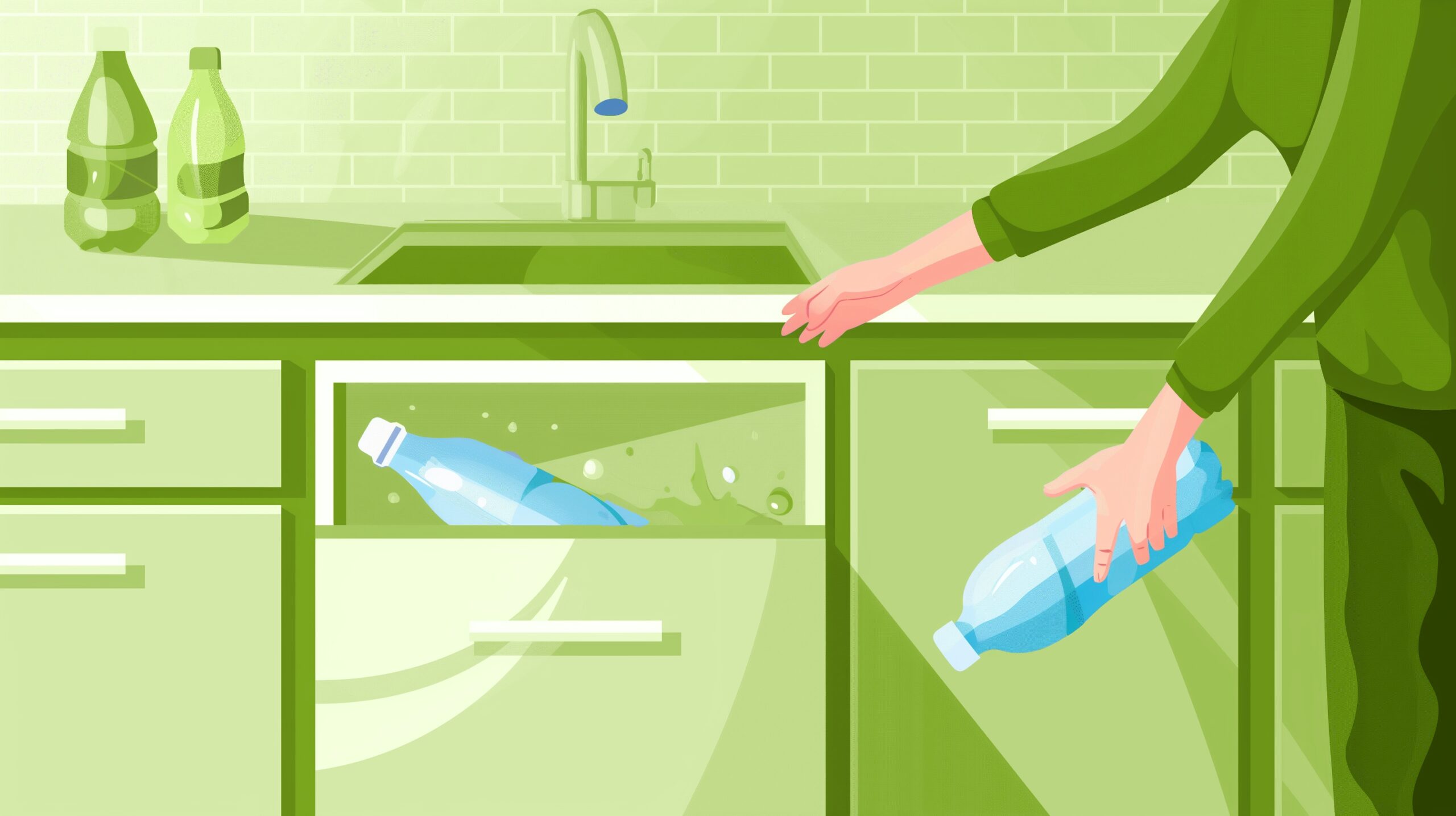Using a Continuous Positive Airway Pressure (CPAP) machine without water might initially seem like a leap into the unknown for many individuals managing sleep apnea.
However, this method can significantly streamline your CPAP therapy routine.
Eliminating the need to refill the humidifier tank nightly and the associated maintenance for cleaning and sanitizing presents an appealing prospect for several users.
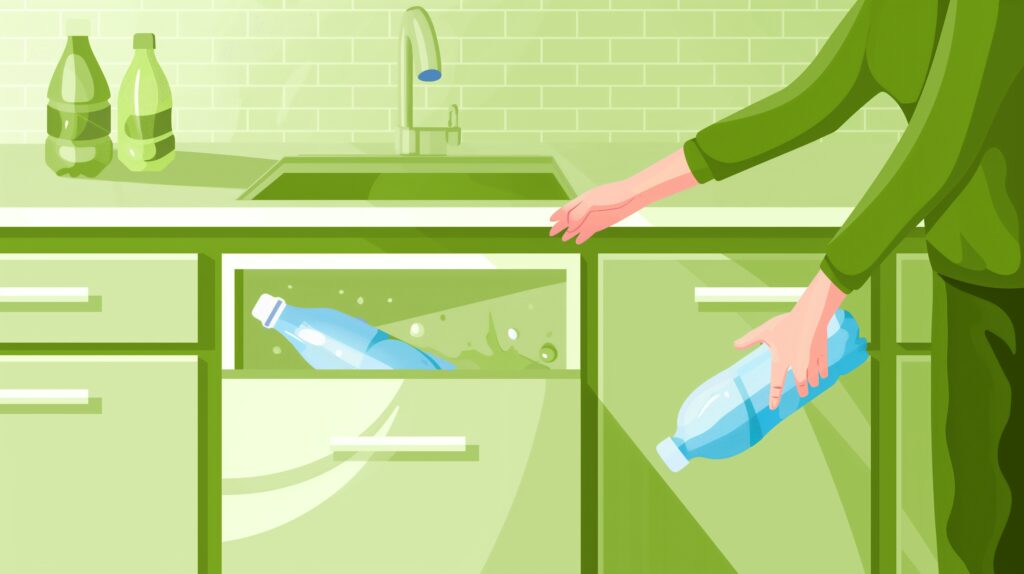
But it’s not without its potential downsides.
Before you transition to using your CPAP machine without water, it’s crucial to consider a few essential aspects.
This guide aims to demystify the process, giving you the knowledge to decide about your sleep apnea treatment.
Understanding the Role of Water in CPAP Machines
Today’s modern CPAP machines commonly feature an integrated heated humidifier designed to add moisture to the air delivered to your airways.
This added humidity can help alleviate the dryness and irritation often associated with CPAP therapy, making your treatment more comfortable.
Opting to use your CPAP machine without filling the humidifier’s water tank doesn’t automatically compromise the effectiveness of your therapy.
While it’s true that the absence of humidity might lead to increased nasal congestion or throat irritation for some, it does not necessarily mean your treatment will be less effective.
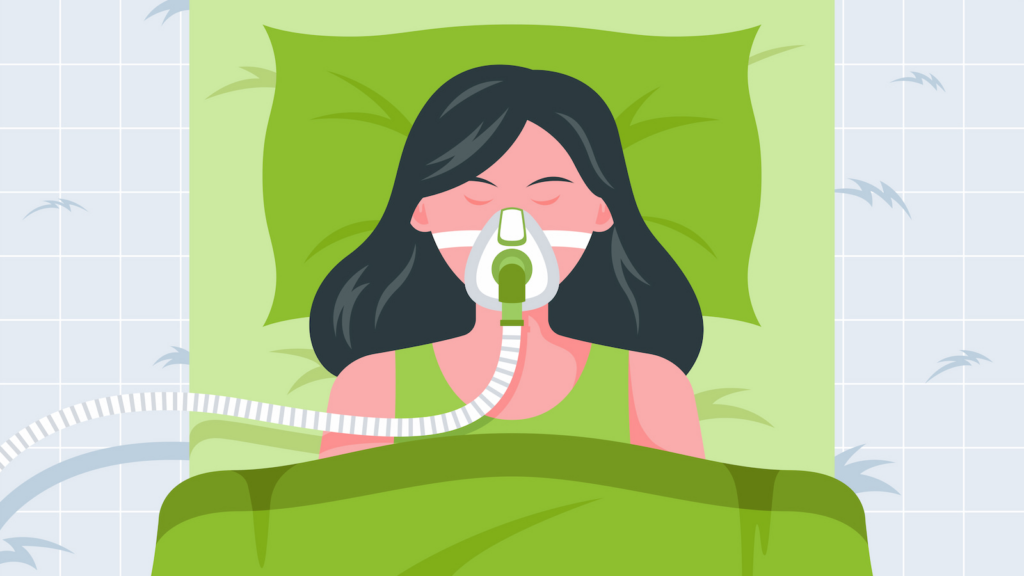
However, consistently running your CPAP machine dry could shorten its lifespan or damage specific components if not done correctly.
Before deciding to use your CPAP without water, it’s advisable to consult with your healthcare provider.
They can offer guidance based on your specific needs and the potential impacts on your health over time, especially if you frequently travel or use a travel CPAP device.
You might also consider checking with your CPAP supply provider to see if any settings need to be adjusted for long-term use without the humidifier or alternatives to using your machine without water if you’re experiencing certain issues this change is meant to address.
Signs You Can Use Your CPAP Without Water
The decision to use your CPAP machine without water should be primarily based on your comfort and the presence or absence of side effects.
Here are two significant considerations:
- Personal Comfort with Dry CPAP Use: If you’ve been using your CPAP machine and have not experienced discomfort such as dryness or soreness in your throat or nasal passages, you might be a candidate for using your machine without water.
This is especially true if you reside in a humid climate where the air naturally contains more moisture.
- Absence of Negative Side Effects: If you don’t suffer from side effects like nasal congestion or dry mouth when using your CPAP, trying it without water could be feasible.
This approach can also reduce the need for regular cleaning and maintenance, potentially prolonging your device’s lifespan by minimizing the risk of water-related damage.
Reasons to Continue Using Your Humidifier System
While reducing maintenance and cost by eliminating water use is appealing, the humidification system in your CPAP machine plays a crucial role in ensuring your therapy is both comfortable and practical.
The primary function of the humidifier is to add moisture to the air, which can soothe and protect your airways from irritation caused by dry air. This moisture can make adhering to your treatment plan more manageable, leading to better long-term management of sleep apnea symptoms.
If you’ve experienced discomfort like a dry mouth or throat after using your CPAP machine, these are signs that the humidification system is necessary for your treatment.
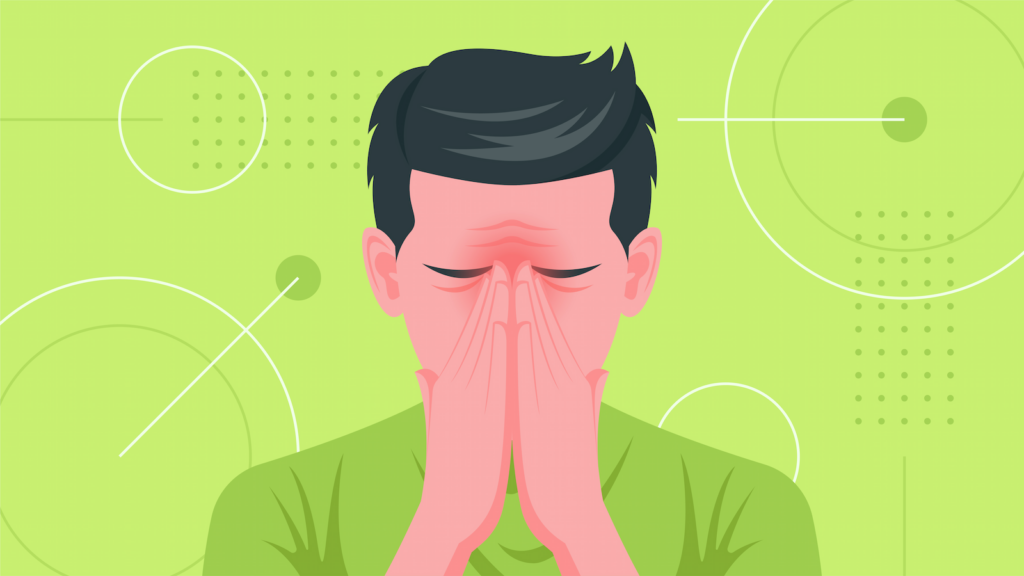
Especially for individuals in dry climates or those who take medications that cause dry mouth, maintaining proper humidification is essential for comfort and respiratory health.
Even if you feel like you can deal with the discomfort upon waking, there’s a strong chance that the discomfort is still causing a reduction in your sleep quality.
Finally, the humidifier chamber typically acts as a muffler or diffuser for the sound produced by air flowing through your CPAP machine. Removing it can make the device louder, disrupting your sleep or disturbing those sleeping in the same room.
When in doubt, consult with your doctor to ensure that any changes you make to your PAP therapy routines will not result in unforeseen consequences or a long-term reduction in PAP therapy benefits.
Benefits of Operating a Dry CPAP Machine
Running your CPAP machine without water has three benefits, primarily related to convenience and health safety.
- Reduced Maintenance and Cleaning: Without the need to refill and clean the humidifier tank, you’ll find the daily upkeep of your CPAP machine significantly simplified.
This can be particularly advantageous for frequent travelers or those who prefer a more straightforward treatment routine.
- Fewer Trips to the Store and Greater Travel Flexibility: While distilled water is typically easy to source these days, it is one more complication to add to your routines.
This is particularly true if you’re traveling frequently for business and can’t bring water along or plan to spend time off the grid or away from civilization for a while.
- Lower Risk of Bacterial Growth: A dry CPAP machine minimizes bacterial contamination risk in standing water within the humidifier tank. This reduces the potential for respiratory infections if you’re particularly susceptible to such things.
However, it’s important to note that this risk is already minimal with proper cpap maintenance and cleaning.
Essential Considerations for Dry CPAP Use
If you’re leaning towards using your CPAP machine without water, there are essential considerations to ensure you make a safe and effective choice.
The first is to ensure that you adjust any settings on your machine to account for the lack of water in your humidification reservoir.
In most cases, this is as simple as turning off the humidification function. While many newer CPAP machines can detect when you run out of water and turn off heat or humidification to reduce the risk of damaging your machine, manually doing so minimizes risk and prevents unnecessary strain on the device.
Once you’ve started using the machine without water, be vigilant for any new or worsening symptoms of nasal congestion or throat irritation, including sore throat, nose bleeds, increased congestion, nasal soreness, or sinus-related headaches.
These may indicate that your treatment could be more effective with humidification, and consulting with your healthcare provider may be necessary.
Finally, don’t fully remove your humidifier reservoir. Many machines rely on the seal it creates for optimal operation.
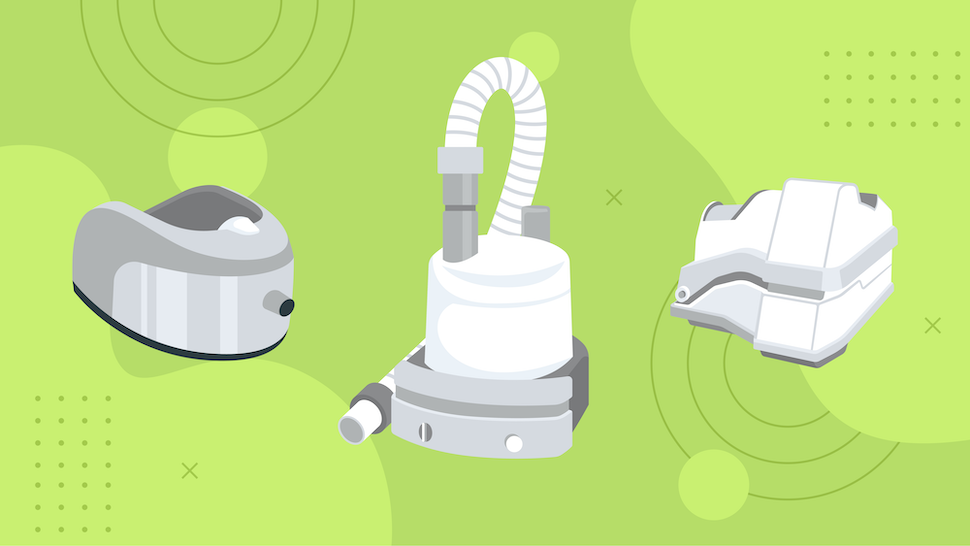
Also, while you likely won’t need to rinse or scrub the chamber if you’re not using water in your CPAP humidifier, that doesn’t mean it might not collect dust and debris as air passes through your machine.
So, check it periodically to minimize discomfort, allergic reactions, and odors.
FAQs About Using a CPAP Without Water
Is water optional in a CPAP machine?
Water in the CPAP machine’s humidifier is often optional and based on personal preference and comfort.
You can check your CPAP machine manual or consult your CPAP supply provider to confirm that your machine can run without water if you’re unsure.
Some users prefer the added humidity for alleviating dryness and irritation, while others find they can manage well without it.
Always consider your comfort and any health advice from your provider when deciding.
How often should I consult my healthcare provider about my CPAP therapy if I use it without water?
It’s advisable to have regular check-ins with your healthcare provider, especially during the first few months of making any significant changes to your CPAP therapy, such as using it without water.
Annual or bi-annual visits may suffice after adjusting to the new setup unless new symptoms or concerns arise.
Continuous monitoring ensures that your therapy remains effective and promptly addresses potential side effects.
Can using a CPAP without water affect my machine’s warranty?
It’s crucial to check with your CPAP manufacturer or supplier how using your machine without water may impact its warranty.
While most modern machines are designed to operate safely without a humidifier, specific conditions outlined in the warranty may require the use of a humidifier.
Ensuring clarity on this aspect can help avoid unintended consequences regarding your device’s warranty coverage.
Are there alternative solutions to address dryness if I find using a CPAP without water uncomfortable?
For individuals experiencing dryness or irritation from using a CPAP machine without water, several remedies can help.
Saline sprays, lubricants, or a room humidifier can add moisture to your sleeping environment, alleviating discomfort.
Additionally, CPAP mask liners and chin straps can improve comfort and seal, potentially reducing air leakage that contributes to dryness.
What should I do if I travel to a humid climate and decide to use my CPAP without water?
If you’re traveling to a humid climate and choose to use your CPAP without water, it’s still important to monitor how the change affects you.
Humidity levels can vary significantly; what feels comfortable in one environment may not be in another.
If you experience discomfort or the symptoms of your sleep apnea worsen, reconsider using the humidifier function of your CPAP machine or consult with a local healthcare provider for guidance.
Final Thoughts
Understanding the nuances of using a CPAP machine without water is essential to effectively managing your sleep apnea therapy.
While the option to go ‘dry’ can simplify maintenance and reduce the already minimal risks associated with bacterial growth in the humidifier tank, it’s crucial to consider your comfort and any potential health implications carefully.
Making informed decisions about your CPAP therapy, including whether to use the humidifier, is vital for ensuring effective and comfortable treatment.
Always consult your healthcare provider before making any changes to your therapy setup.
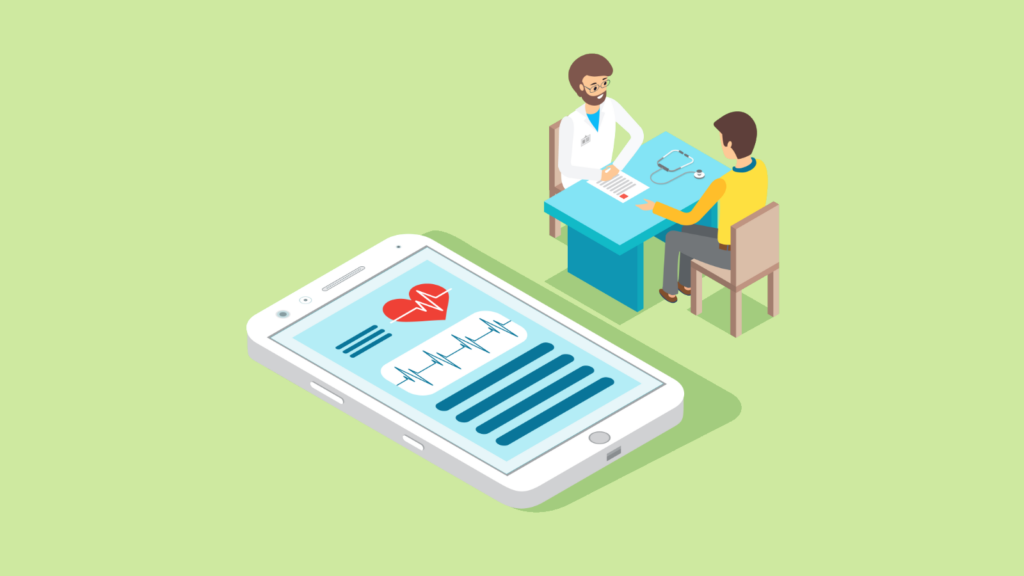
For those looking for the latest CPAP equipment and accessories, CPAP Supply, Canada’s premier online CPAP supply store, stands ready to support you.
Our commitment to customer satisfaction and unbeatable prices make us the go-to source for all your CPAP needs.
Whether you’re exploring dry CPAP use or seeking advice on the best products for your treatment, we’re here to help you achieve the restful sleep and quality of life you deserve.
By understanding your options and making informed choices about your sleep apnea treatment, you can take control of your health and enjoy the benefits of a good night’s sleep.
Trust CPAP Supply to provide the solutions you need for a successful therapy journey.
References:
- CPAP My Way: Can I Use My CPAP Without Water – Pros and Cons
- Respiratory Therapy Zone: Can You Use a CPAP Without Water? (2024)
- Sleep Apnea.org: CPAP Humidification
- Well-Aware Systems: Is it possible to use a CPAP machine without water?
- CPAP RX: Can I use ResMed CPAP without water?

